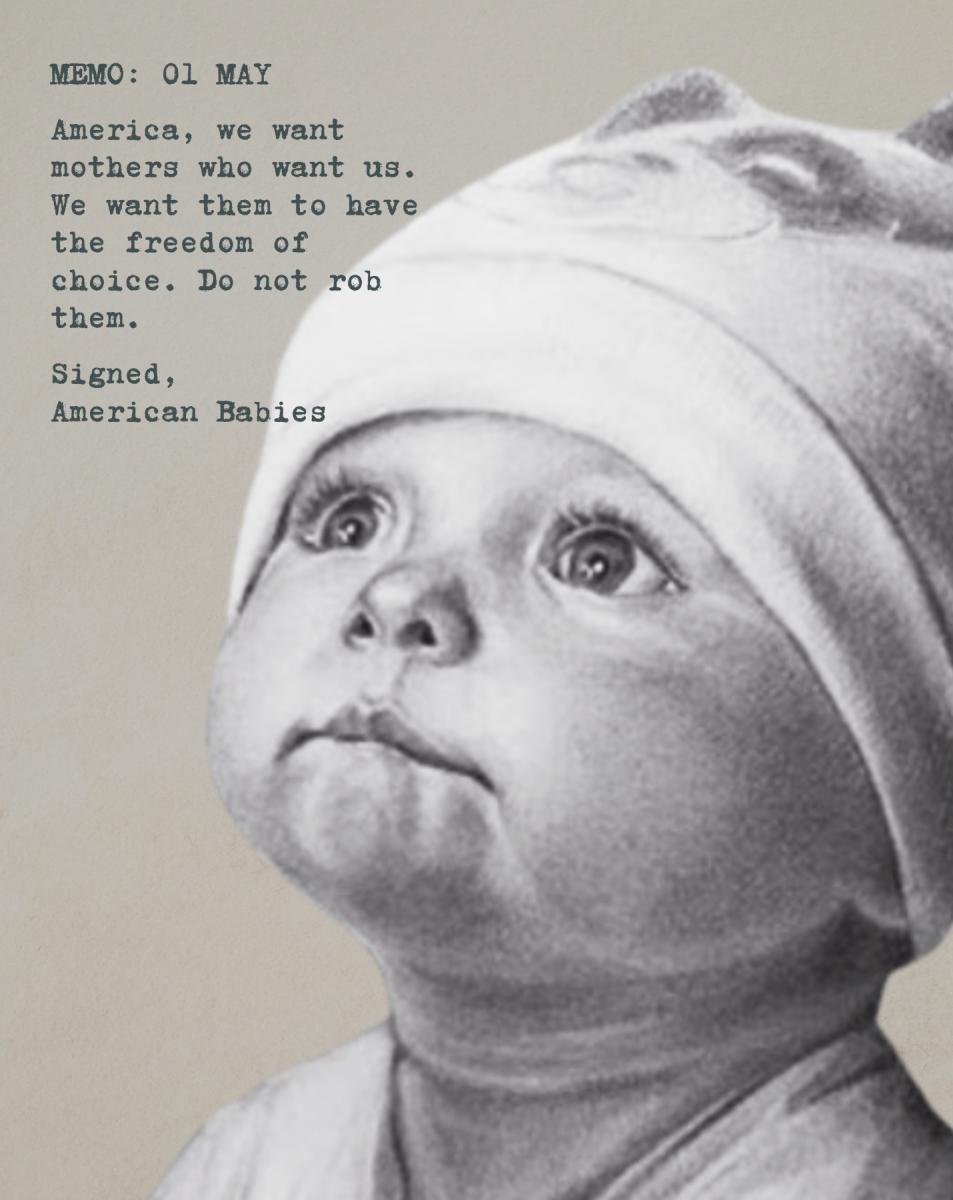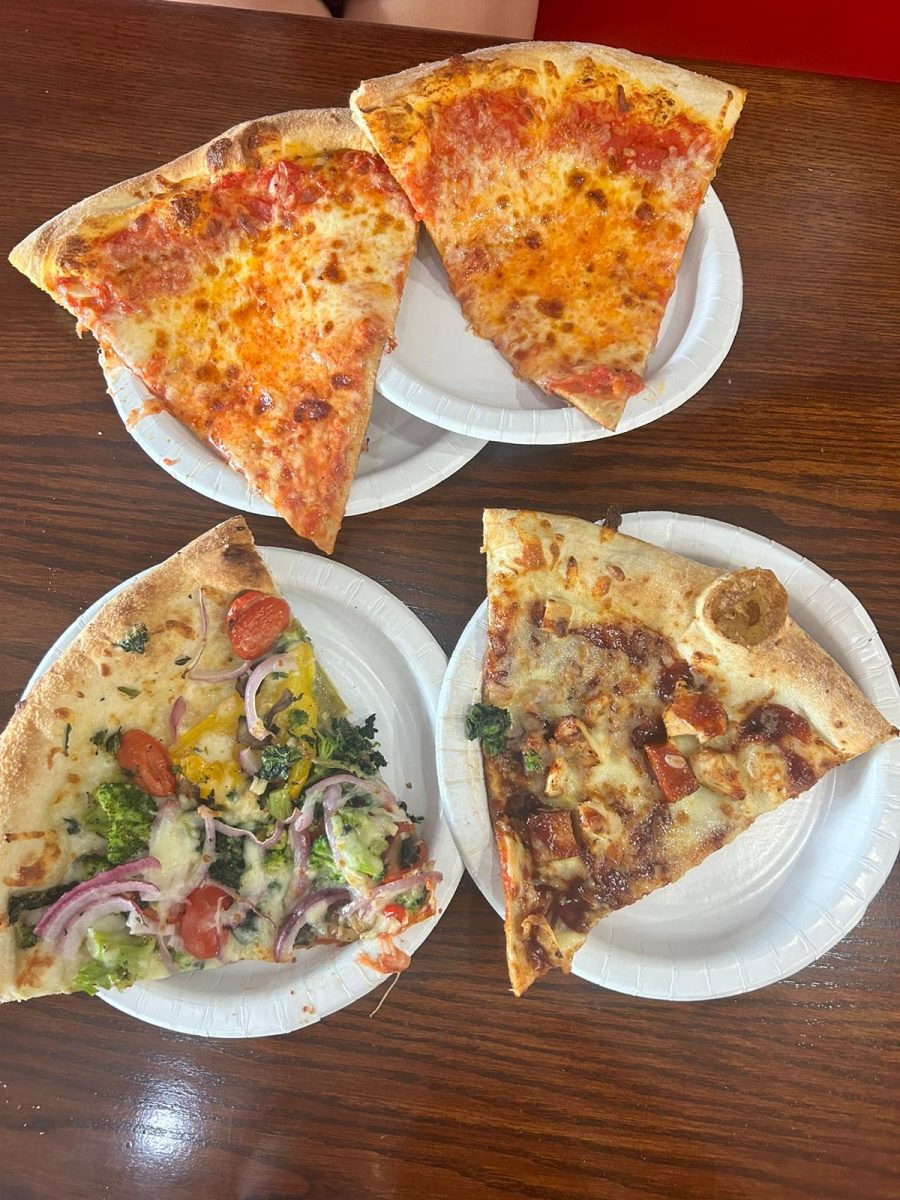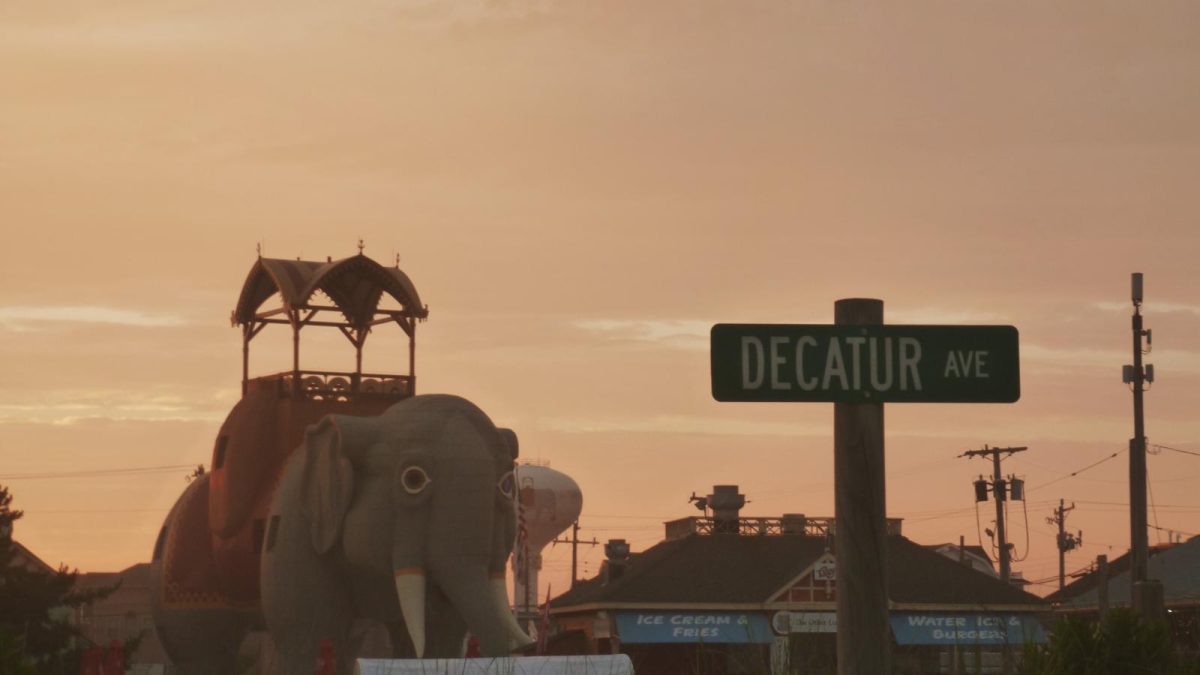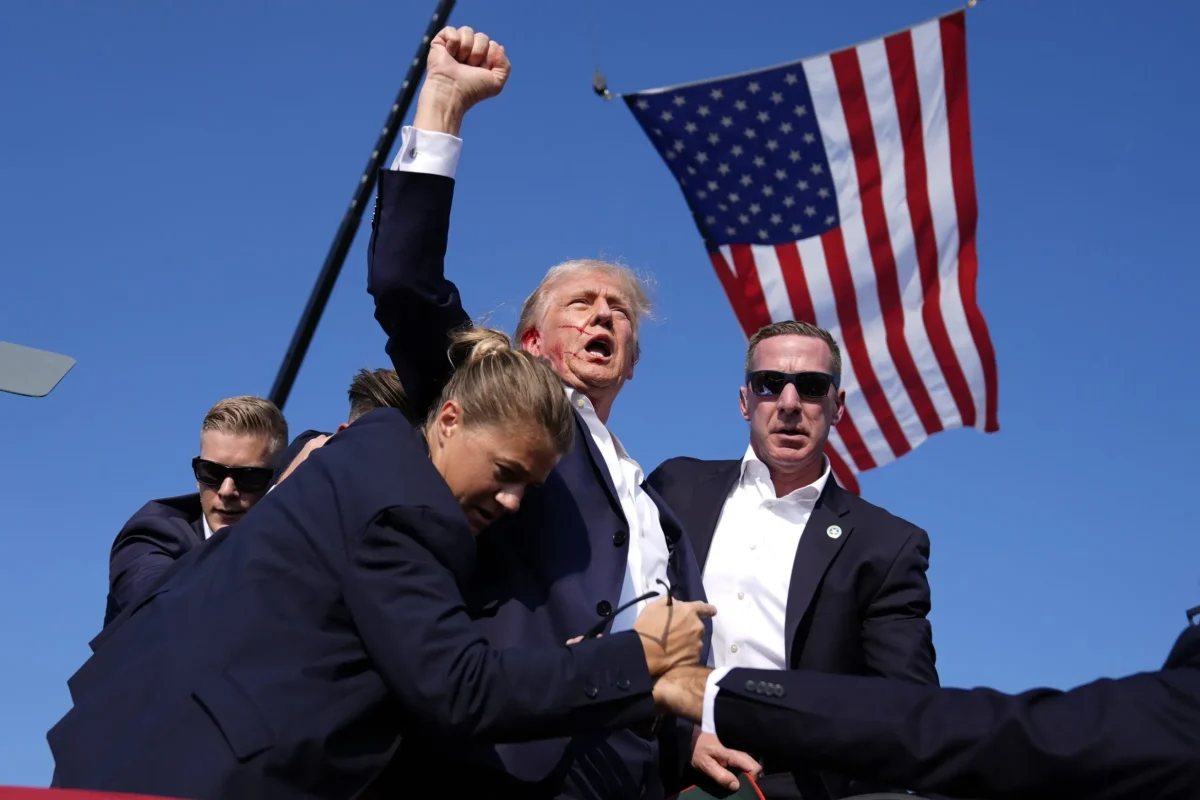On May 5, Nigerian president Umaru Yar’Adua died, leaving two conflicts in Nigeria unresolved. Yar’Adua was unable to put an end to religious violence that has taken place in Nigeria for years and was committed to end violence in the oil-rich Niger Delta encouraged by the Movement for the Emancipation of the Niger Delta (MEND).
Nigeria is the most populous African country with a population of more than 150 million people. There are 250 to 400 ethnic groups among this population which makes Nigeria one of the most diverse African nations. It is almost evenly dived between Muslims and Christians and with more than 78 million Muslims, Nigeria has the sixth largest Islamic population in the world.
Along the dividing line between the Muslim north and Christian south of Nigeria, live different distinct ethnic groups such as Berom, Hausa-Fulani, Jukun, Kofya, Tiv and more. With so much diversity concentrated in one region, conflict tends to arise.
On Sunday, March 7, members of the Muslim Hausa-Fulani ethnic group attacked Christian villages that mainly consisted of members of the Berom ethnic group. They also stole about 120 cattle from the villages. At least 200 Christian villagers were left dead when groups of men with guns, machetes and knives invaded their villages.
Other agencies gave higher death tolls. The president of the nongovernmental agency Civil Rights Congress, Sani Shehu, reported that 485 people died. A Christian leader, who took part in a mass burial of 67 bodies in one of the invaded, towns said about 375 people were dead or still missing.
The victims lived in the villages of Dogo Nahawa, Zot and Ratsat, about 6 miles south from the state capital, Jos.
More than 160 people have been arrested in connection with the massacre. Forty one will be charged with homicide while the others will be charged with arson, possession of firearms, and rioting.
John Onaiyekan, the archbishop of Abuja, told Vatican Radio that the violence is a result of a dispute over access to natural resources, not based on religion.
However, according to CNN, Human Rights Watch said the attacks by Muslims were in retaliation for previous attacks against Islamic communities and the theft of cattle from herdsmen. In January, at least 150 Muslims were killed during an attack on the town of Kuru Karama, south of Jos. Most of the town’s homes dispersed in flames.
While such violence often creates a division between Christians and Muslims, ethnic, social, and economic problems are also reasons for violence in Nigeria and other African countries.
Many Christians in Nigeria believe Hausa Muslims seek to seize political control and impose Sharia law. They fear the possibility of an extremist Islamist agenda.
On the contrary, Muslims in Nigeria believe the Plateau State government wishes to drive them out of certain areas.
According to BBC News, Police Commissioner, Ikechukwu Aduba, said that he believes the violence among Nigerians of different religious and ethnic backgrounds will last for a long time.
Aside from the religious dispute, Nigeria is dealing with guerrilla attacks against the government because of oil. Nigeria is the fifth largest supplier of crude oil to the United States and the world’s eighth largest oil exporter. Ninety-five percent of the country’s export earnings come from gas and oil trade. Its oil and gas reserves are located in the Niger Delta region, where most of the Ijaw, the country’s fourth largest ethnic group, resides.
The Ijaw formed MEND in 2006 because they believe that a larger proportion of Nigeria energy wealth should be spent on their communities. Although most of the country’s energy wealth stems from the Niger Delta region, the Ijaw continue to live in poverty. As a result of frequent oil spills and the burning of natural gas, the Ijaw also live in a poor environmental region.
Under Nigeria’s 1960 and 1963 constitution, 50 percent of oil revenue was returned to the state where the oil was derived. Under the 1999 constitution, however, only 13 percent of revenue was and still is returned to the state where oil is derived. The Ijaw community wants at least 20 to 25 percent of the revenue to return to them as well as control of resources located in their region. Since their demands were ignored by the government, the MEND succeeded in cutting Nigeria’s oil exports by 500,000 barrels per day in 2006.
More recently, on March 15, MEND planted car bombs around the Nigerian government’s building in the city of Warri. Although no officials were hurt, the bombing served as the Ijaw’s first claim to an attack since ending a ceasefire with the government in January.
The government has failed to put an end to MEND attacks because various oil facilities in their region make easy targets for the attackers who are familiar with the dense waterways, swamps, and mangroves of their wetland region. These make easy escape routes for militants. Also, the government believes that retaliating against the Ijaw communities will only make the crisis worse.
Before his death, President Umaru Yar’Adua provided amnesty to militants who agreed to lay down their arms. The MEND turned down his offer.
According to CNN, Roake Akinola, an analyst at Control Risks West Africa said, “Because many people feel disillusioned economically and as long as they have those sentiments — I think the risk of radical uprisings in places like northern Nigeria and certainly southern Nigeria in the Delta will continue regardless of who is in power.”
Violent outbreaks in Nigeria are assured to continue especially with the loss of a president who was unable to put an end to religious and economic disputes during his three years in power.





